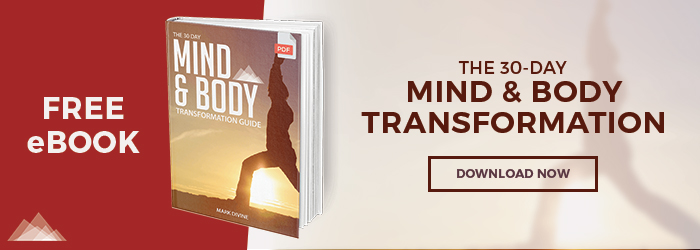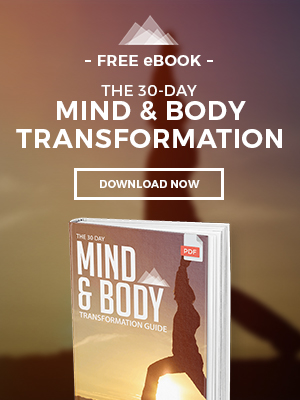One of the most common traits seen in Navy SEALs is a form of emotional grit, a fiery determination to stay the course no matter the impending obstacles or difficulties. In SEAL training, we were constantly under a barrage of stressful and difficult situations. We did not have the luxury to slow down, absorb everything and then chart our best course of action.
Instead, we were forced to make decisions on the fly and learn from our mistakes and failures just as quickly. In war, failure to act can be just as deadly as a poor decision. I and my peers learned very quickly that emotional resilience was just as much a necessary ingredient of success as our physicality.
So What is Emotional Resilience?
It refers to one’s ability to adapt or cope in the face of adversity, trauma, tragedy, threats or significant sources of stress – such as family and relationship problems, serious health problems or workplace and financial stressors. It means, “Bouncing back,” from difficult experiences or, “Rolling with the punches,” when road bumps or obstacles pop up in our lives.
I want to note that being resilient doesn’t mean that a person does not experience difficulty or distress. Emotional pain and sadness are common in people who have suffered major adversity or trauma in their lives.
In fact, the road to resilience likely contains significant amounts of emotional distress, but if you can deal with minor stresses easily, it speaks positively to your ability to handle any major crises that may arise in the future. While some people are, by nature, more or less prone to emotional or physical resilience, it can be developed with strict discipline and routine.
How to Build Emotional Resilience
In building emotional resilience, it is important to identify and understand what you are feeling and why you are feeling that way. Self awareness is a key component in building emotional resilience. Strong emotions can overwhelm and immobilize us, knowing why you are upset can provide valuable feedback about what triggers you or needs to change in your life.
It is important we engage ourselves and seek to understand the underlying causes of these negative thoughts and feelings. Often, we unintentionally bury negative emotional responses to stress and pain; we hide our fear, envy, rage, loathing. Rather than dealing with them, we suppress them and allow them to fester like a wound and only grow worse as time passes.
After, it is important to try and transform whatever negative emotion you are feeling into a positive one. Take your envy and turn it into an appreciation for what you do have. Take your fears and turn them into challenges for you to overcome. Take your rage, examine it, and see if you can move towards, if not forgiveness, then at least acceptance.
It is important at this stage that we persevere and see the positives in every situation, whether we are working toward achieving outer or inner goals. An optimistic mindset empowers us to transform negative emotions to positive ones and helps us shed a victim mentality. It is this very mindset that allowed me to excel in the Navy SEALS program and eventually create my own.
Finally, once we’ve done those things, we must seek to block these old emotions from returning. Self-talk is an important tool that can be used to divert your mind away from negative emotions and focus on the positives in every situation. Self-talk helps you find meaning in the challenges and obstacles you face on a daily basis and it can help you become a more resilient and mentally tough person.
Closing Thoughts
Our lives are filled with difficult and stressful situations. The next time you face one such moment, consider the following questions: How did you react? Did the moment or emotions overcome you and snowball into something even bigger? Could you have handled it better?
An emotionally resilient person takes stock of their actions and reactions and learns from their mistakes. There will always be slip ups and things we have no power over, but what we can control is how we react and whether that reaction is positive or negative.
As with diets and exercise programs, the most successful individuals are those who maintain the effort for the long haul. Don’t give up, preserve and continue working towards your better self. Trust the process. Trust the self.







Thanks Mark to you and your team. The work that you do and service that you provide is outstanding. I try to live in a state of conscious awareness and your messages hold true for me and helpful in keeping on track.
Cheers
Linds